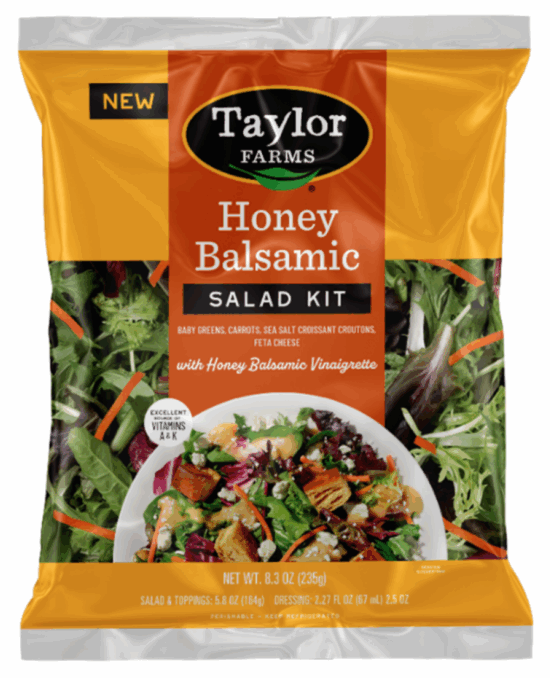Kamiwan and Paul Oliver versus the City of Calais, ME, is a court challenge to a local ordinance regulating backyard chickens in a town of approximately 3,000 residents on the Canadian border, under Maine’s Constitutional “Right to Food,” passed in November 2021.
Maine’s “Right to Food” is not a handout, but a first-of-its-kind grant in the nation for individuals to grow, raise, harvest, produce and consume food of their choice. When adopted, some predicted that the “Right to Food” would lead to a flood of court challenges. It’s been more of a trickle, but the Calais case filed on Sept. 10 with Maine’s Washington County Superior Court might not be resolved until it reaches the state’s Supreme Court.
At issue is Ordinance 2024-100, adopted by the Calais City Council on June 13, 2024, which regulates backyard chickens in the town’s more densely developed residential core by using setbacks, location restrictions, and size requirements, with a limited flock size of six chickens or fewer.
Kamiwan and Paul Oliver are lifelong rural Mainers of modest means, with three children, ages 5, 10, and 10. Kamiwan is pursuing her business degree part-time, and Paul is a sales associate. They live in an inherited single-family home on a one-quarter-acre lot in Calais. They’ve relied on some form of public assistance to help meet their family’s basic needs, sometimes experiencing food insecurity when their income alone does not reliably provide enough food for everyone in the household.
Raising chickens since October 2023, the Ollivers to use their own property to provide for themselves directly — offering a more stable and dignified source of nourishment than dependence on outside aid. With 19 chickens and no roosters currently, they said 15 chickens and no roosters could meet their needs. They provide no eggs or chicken meat to anyone outside their family.
Their lawsuit against the City of Calais rests upon what the “Right to Food” protection under the Maine Constitution actually means.
“Plaintiffs Kamiwan and Paul Oliver raise chickens to feed their family, but a local ordinance in Calais, Maine, makes it practically impossible for them to do so. By imposing rigid property and structure requirements — and banning more than six chickens per household — the ordinance effectively bars most residents from keeping backyard chickens,” their opening complaint says.
“The Olivers bring this suit to enforce their ‘natural, inherent and unalienable right to . . . grow, raise, harvest, produce, and consume the food of their own choosing for their own nourishment, sustenance, bodily health, and well-being’ under Article I, section 25 of the Maine Constitution,” it continues.
“That provision, known as the ‘Right to Food’ Amendment, was ratified in 2021 and reflects longstanding Maine values of self-sufficiency and individual liberty. This is among the earliest challenges to a local restriction as incompatible with the constitutional right. This lawsuit seeks to invalidate the Calais ordinance and to vindicate the Oliver family’s right to feed themselves with chicken eggs and meat raised in their own backyard.
While the “Right to Food” is the first new right recognized by the state’s constitution in 200 years, the Olivers argue that the content is consistent with Maine’s history. “From colonial times through statehood in 1820 and into the present, Mainers have continued to nourish their families with food grown, raised, or gathered on Maine’s soil,” according to the complaint.
Maine’s “Right to Food” Amendment was passed by large, bipartisan majorities in the legislature and subsequently approved by approximately 61 percent of voters, making it the first new individual right added to the Maine Constitution since Colonial days.
The new, unique constitutional language enshrines the “natural, inherent, and unalienable right to . . . grow, raise, harvest, produce, and consume the food of their own choosing for their own nourishment, sustenance, bodily health, and well-being.”
At the time, legislative sponsors said “Right to Food “was explicitly designed to limit government intrusion upon the individual right to produce one’s own food.
Precisely what that means, however, continues to come up in the Maine Legislature.
Earlier this year, for example, “An Act to Allow the Keeping of Chickens on Private Residential Property” was introduced to make it easier for residents across Maine to keep backyard chickens by prohibiting municipal bans. But as signed by Gov. Janet Mills on May 30, changes to the statute do not expressly preempt municipal regulation,
Maine has allowed “home food manufacturing” since 1980.
Amending the State Constitution to include a “Right to Food” grew out of Maine’s Food Sovereignty Law, passed in 2017, which allows the state’s local governments to legalize the sale of nearly all types of homemade foods directly to consumers.
Before the law took effect, the state passed an amendment to exclude home-based meat and poultry processing. The amendment also excludes sales at farmers’ markets and other public venues. Under the Food Sovereignty Law, sales must occur at the “site of production,” which means only at farms and private residences. By 2021, about 100 of Maine’s 500 cities and towns had passed such a food sovereignty ordinance.
(To sign up for a free subscription to Food Safety News, click here.)



